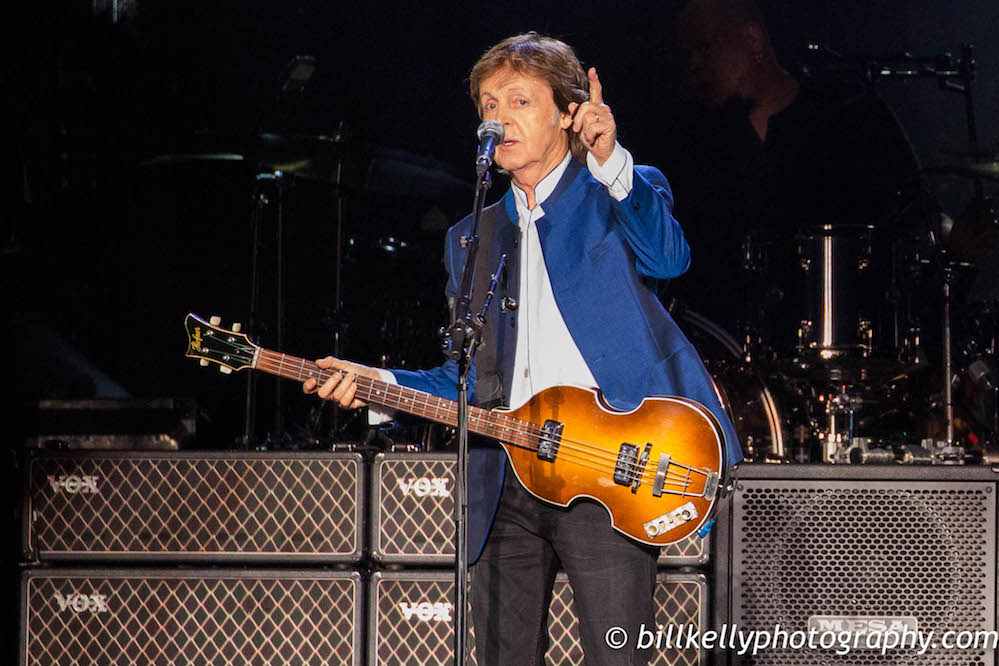Paul McCartney Reveals AI Used to Extract John Lennon’s Voice for Final Beatles Song

In a recent BBC interview, Paul McCartney shared intriguing news about the role of artificial intelligence in the music industry. He disclosed that AI technology has been employed to “extricate” John Lennon’s voice from an old demo, paving the way for the release of one last Beatles song expected to debut this year.
During the interview, McCartney discussed an upcoming book and photo exhibit featuring a collection of Beatles photos, and when asked about the use of technology and artificial intelligence to recreate the early Beatles’ sound, McCartney expressed his thoughts on the matter. He acknowledged the existence of AI-generated tracks falsely attributed to Lennon’s singing, which he found both frightening and exciting, given its implications for the future.
McCartney then shared how AI technology played a role in Peter Jackson’s documentary film, Get Back, which chronicled the making of the Let It Be album. Using AI, Jackson was able to separate John’s voice and a piano from a small section of a cassette recording. McCartney highlighted the usefulness of this technology, allowing them to isolate John’s voice and proceed with the mixing process, similar to conventional recording methods.
Although McCartney did not disclose the specific song that would serve as the final Beatles record, speculation suggests it could be “Now And Then,” a demo recorded by Lennon in 1978. During the production of their Anthology collection in 1995 and 1996, the surviving Beatles incorporated their own vocals and instrumentation into Lennon’s demos for “Free As A Bird” and “Real Love,” which currently stand as the last Beatles releases. “Now And Then” was reportedly considered for inclusion in that collection.
While the surviving Beatles attempted to work on “Now And Then” during a session, they ultimately deemed the quality of Lennon’s demo insufficient. It remains uncertain if there are any remaining audio recordings of George Harrison from those sessions.
In any case, it appears that Lennon and Harrison’s voices will not be artificially generated to sing along with random elements. Instead, the surviving Beatles will utilize AI as an editing tool to enhance the audio quality of old recordings. Nonetheless, the use of AI in this manner may have an uncanny effect, blurring the lines between past and present. For those interested, the full McCartney interview can be listened to here.
Read McCartney’s full statement on the matter below.
Well, it’s a very interesting thing. It’s something we’re all tackling at the moment, trying to deal with what’s it mean? I don’t hear that much because I’m not on the internet that much, but people will say to me, oh yeah, there’s a track where John’s singing one of my songs, and it isn’t. It’s just AI. So all of that is kind of scary but exciting because it’s the future.
And we were able to use that kind of thing when Peter Jackson did the film Get Back, where it was us making the Let It Be album. He was able to extricate John’s voice from a rumpy little bit of cassette that had John’s voice and a piano. He could separate them with AI, and he could tell the machine, “That’s a voice. This is a guitar. Lose the guitar.” And he did that, so it has great uses.
So when we came to make what will be the last Beatles record, it was a demo that John had, that we worked on. We just finished it up. It’ll be released this year. We were able to take John’s voice and get it pure, through this AI, so then we could mix the record as you would normally do.



















